Nous travaillons avec des matières qui privilégient la longévité. Nous utilisons du coton biologique certifié pour sa polyvalence et sa respirabilité, ainsi que des alternatives végétales aux boutons en plastique. Voici quelques informations sur nos matières et les raisons pour lesquelles nous les utilisons.
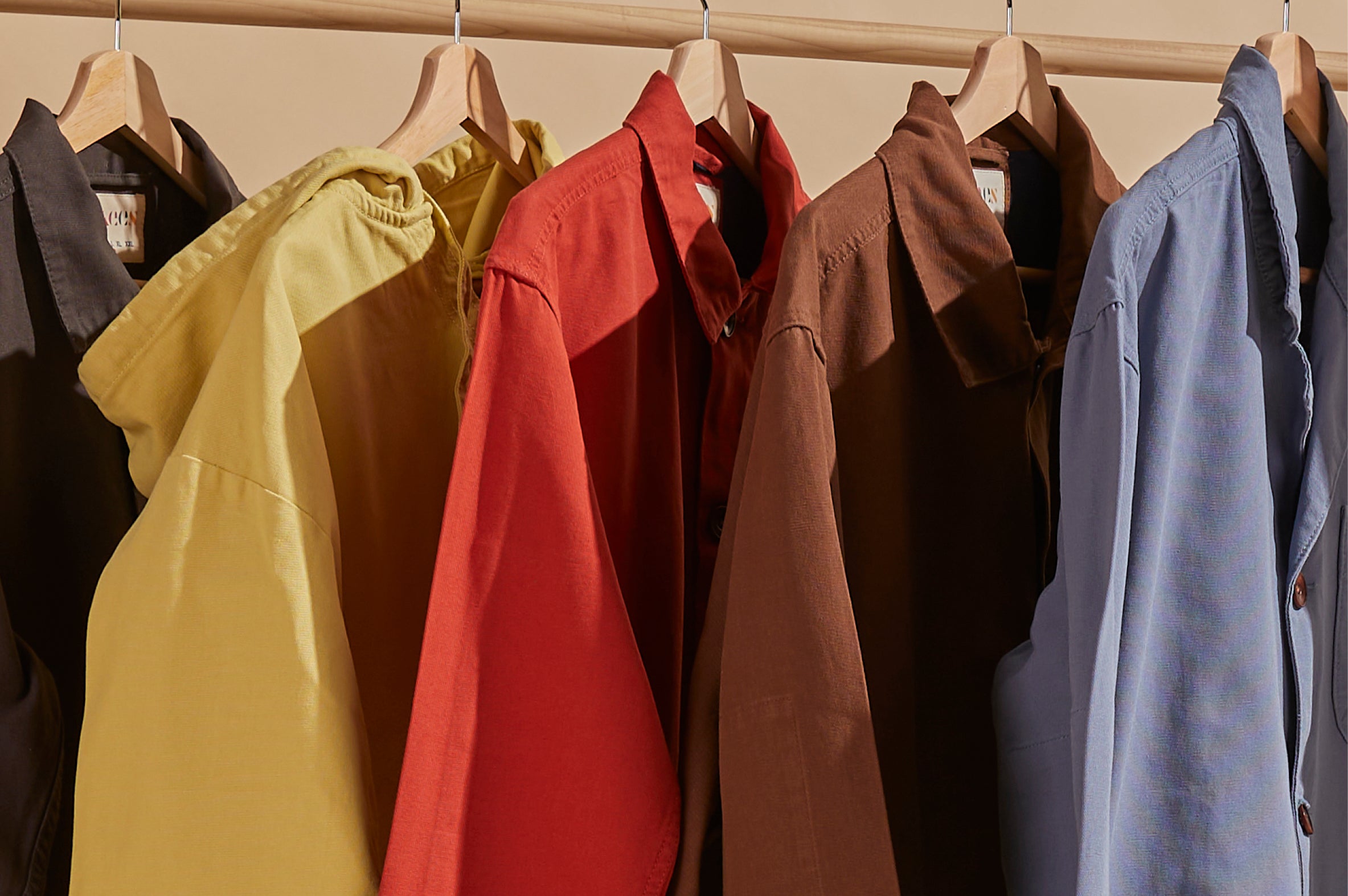

Matériels
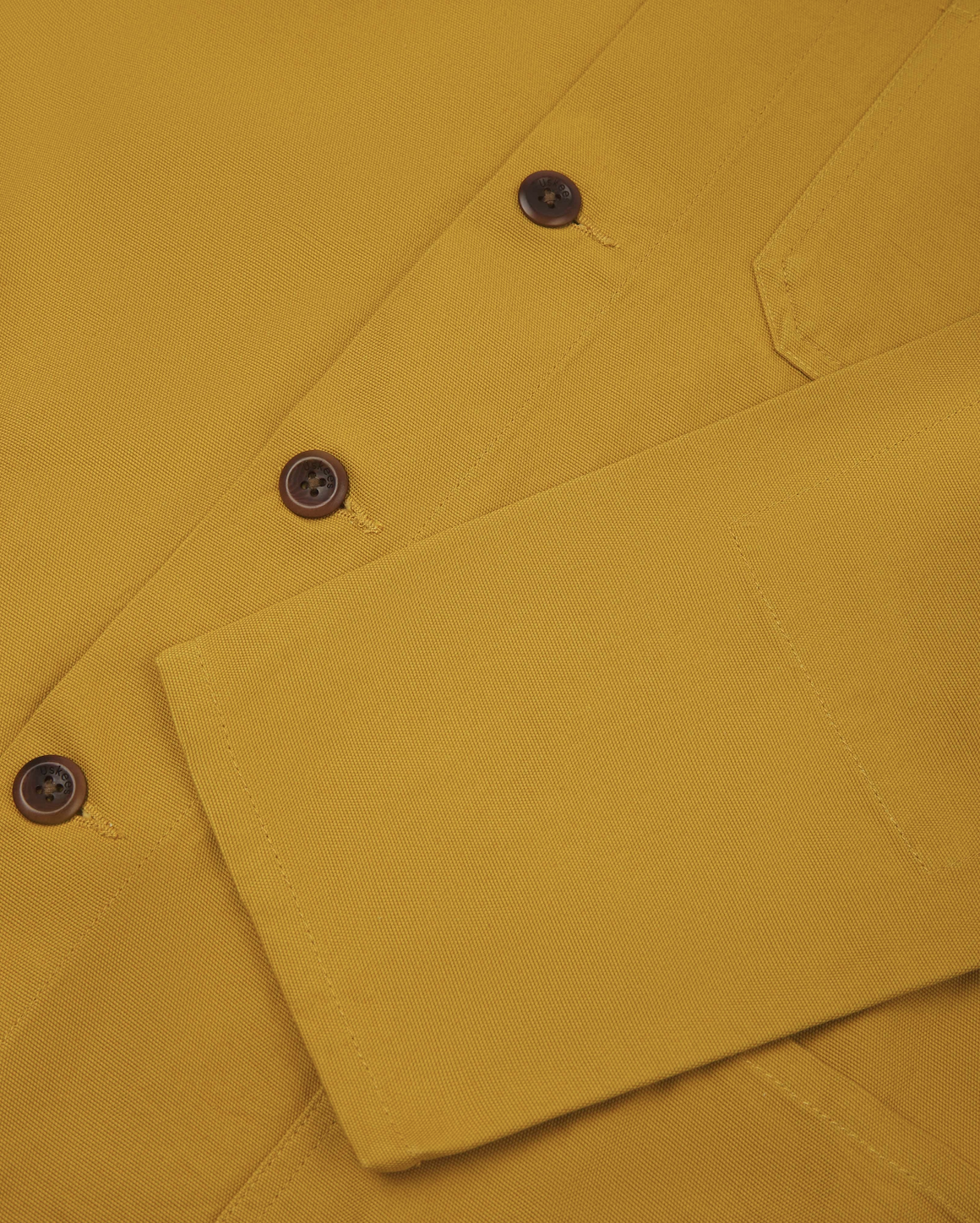
coton mi-lourd
Ajoutez plus d'informations ou supprimez ce texte
Achetez maintenant
Texte
Le coton biologique 285 g/m² est polyvalent, durable et facile d'entretien. Il est fabriqué à partir de coton cultivé sans produits chimiques toxiques, garantissant ainsi un environnement plus sûr pour les agriculteurs et leurs communautés. Son poids permet de le confectionner sur une large gamme de vêtements, des surchemises aux costumes. Travailler avec du coton biologique 240 g/m² nous permet de créer des vêtements que nos clients auront envie de porter encore et encore.
Achetez maintenantacheter du coton mi-lourd
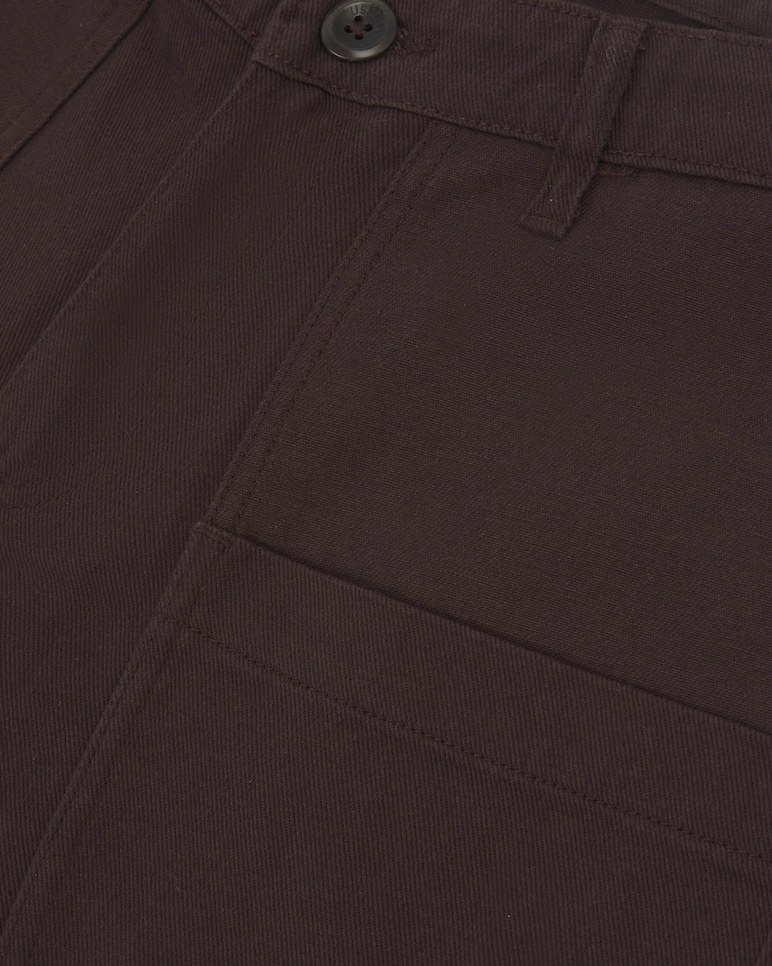
coton drill
Ajoutez plus d'informations ou supprimez ce texte
Achetez maintenant
Texte
Tissé avec précision, notre coton drill 385 g/m² présente un motif diagonal appelé sergé. Son tissage unique en fait un textile durable, ensuite brossé pour plus de douceur. Sa résistance et sa facilité d'utilisation en ont fait un choix privilégié pour les uniformes militaires et autres vêtements de travail. La haute qualité du coton drill lui confère une apparence plus belle au fil du temps.
Achetez maintenantperceuse d'atelier
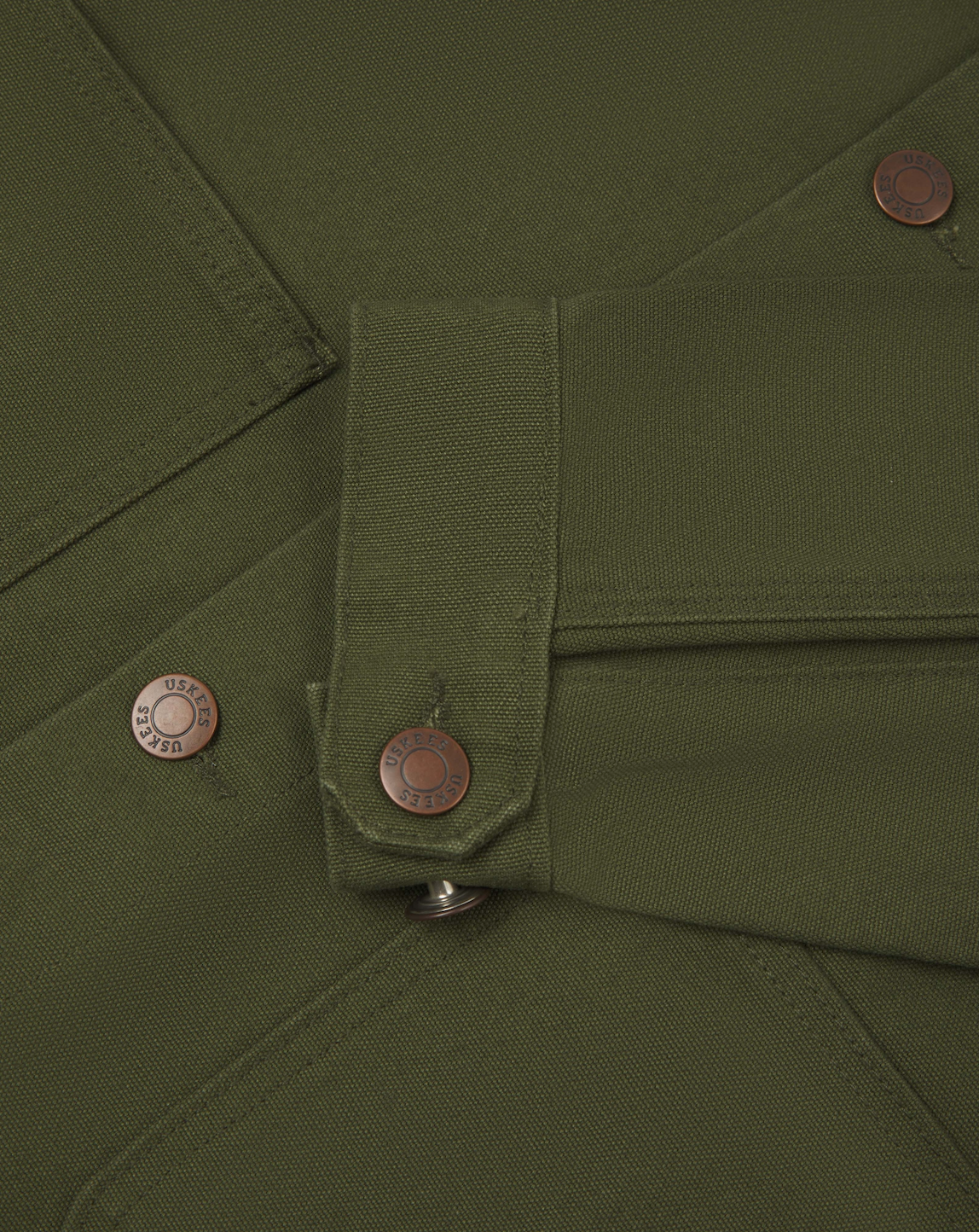
toile de coton
Ajoutez plus d'informations ou supprimez ce texte
Achetez maintenant
Texte
Nous avons choisi la toile de coton 535 g/m² pour sa durabilité. Utilisée à l'origine pour les voiles des navires, la toile est devenue un matériau essentiel pour les ouvriers du vêtement depuis des siècles. Son tissage unique la rend résistante, tout en étant un choix responsable pour l'environnement. La toile s'adaptera à votre silhouette au fil du temps, pour un résultat optimal au fil du temps.
Achetez maintenantboutique en toile
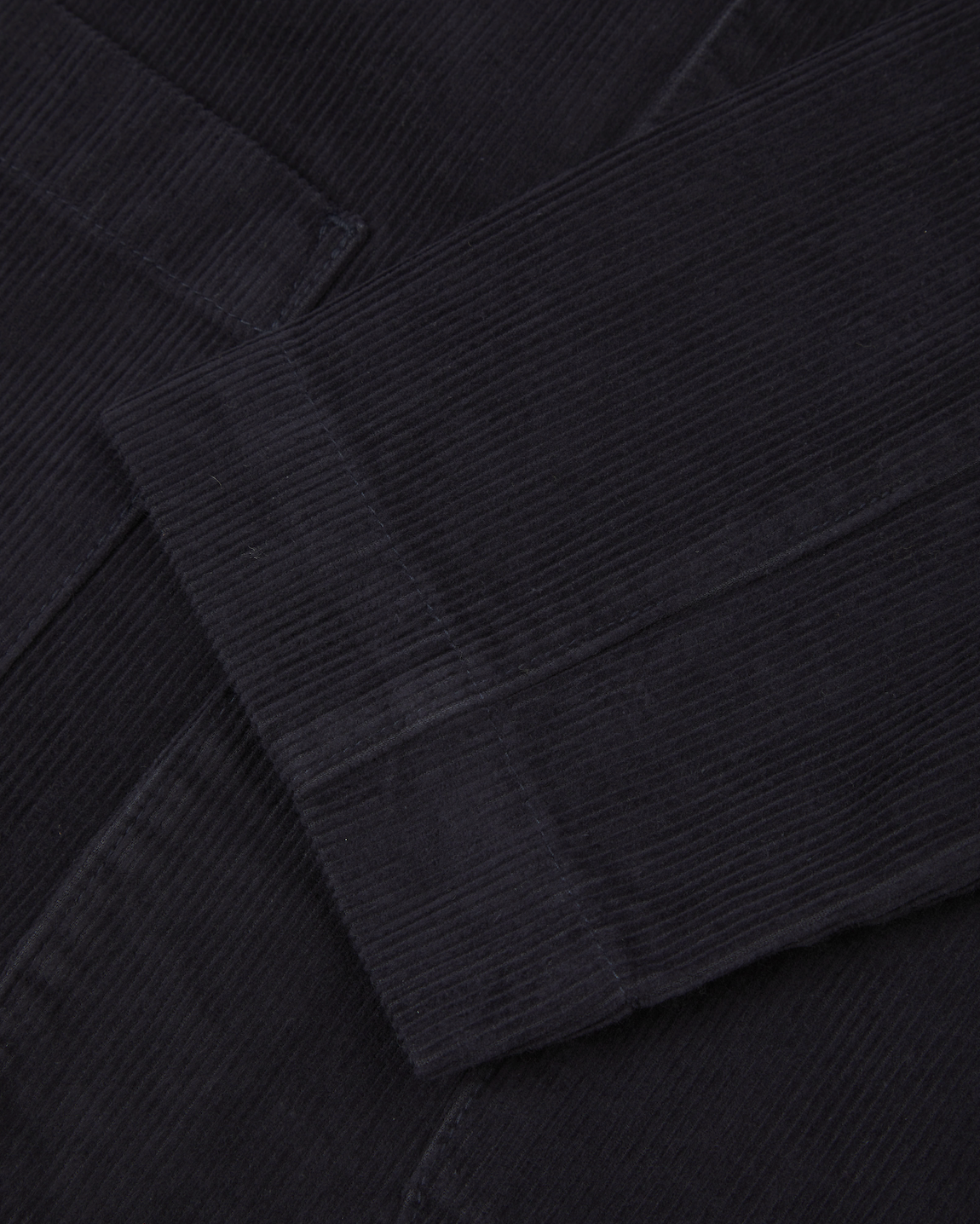
Velours côtelé de coton à 11 côtes
Ajoutez plus d'informations ou supprimez ce texte
Achetez maintenant
Texte
Nos vêtements en velours côtelé sont confectionnés en coton biologique côtelé 11 côtes. Ce terme désigne un velours côtelé de poids moyen, en référence à l'épaisseur des côtes en relief. La texture unique du velours côtelé est à la fois durable et confortable, idéale pour créer des vêtements de haute qualité, réutilisables pendant des années. Choisir le bio réduit l'impact environnemental et favorise la santé et la sécurité des producteurs de coton et de leurs communautés.
Achetez maintenantboutique de velours côtelé
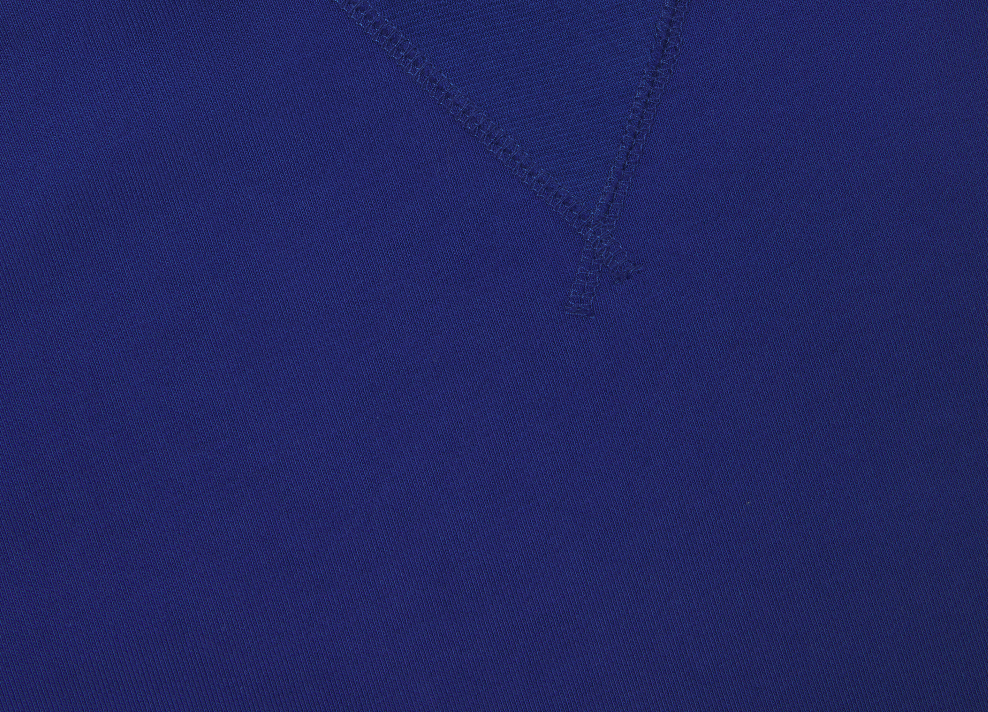
jersey de coton
Ajoutez plus d'informations ou supprimez ce texte
Achetez maintenant
Texte
Nous utilisons du jersey lavé aux enzymes, en poids lourd (430 g/m²) et moyen (250 g/m²), pour créer notre gamme de basiques : t-shirts, chemises, sweat-shirts et autres. Le lavage aux enzymes est une alternative plus durable aux traitements traditionnels des tissus et plus respectueux de l'environnement, donnant aux vêtements un aspect usé. Doux, respirant et facile d'entretien, ce tissu est idéal pour un usage quotidien.
Achetez maintenantmaillot de magasin
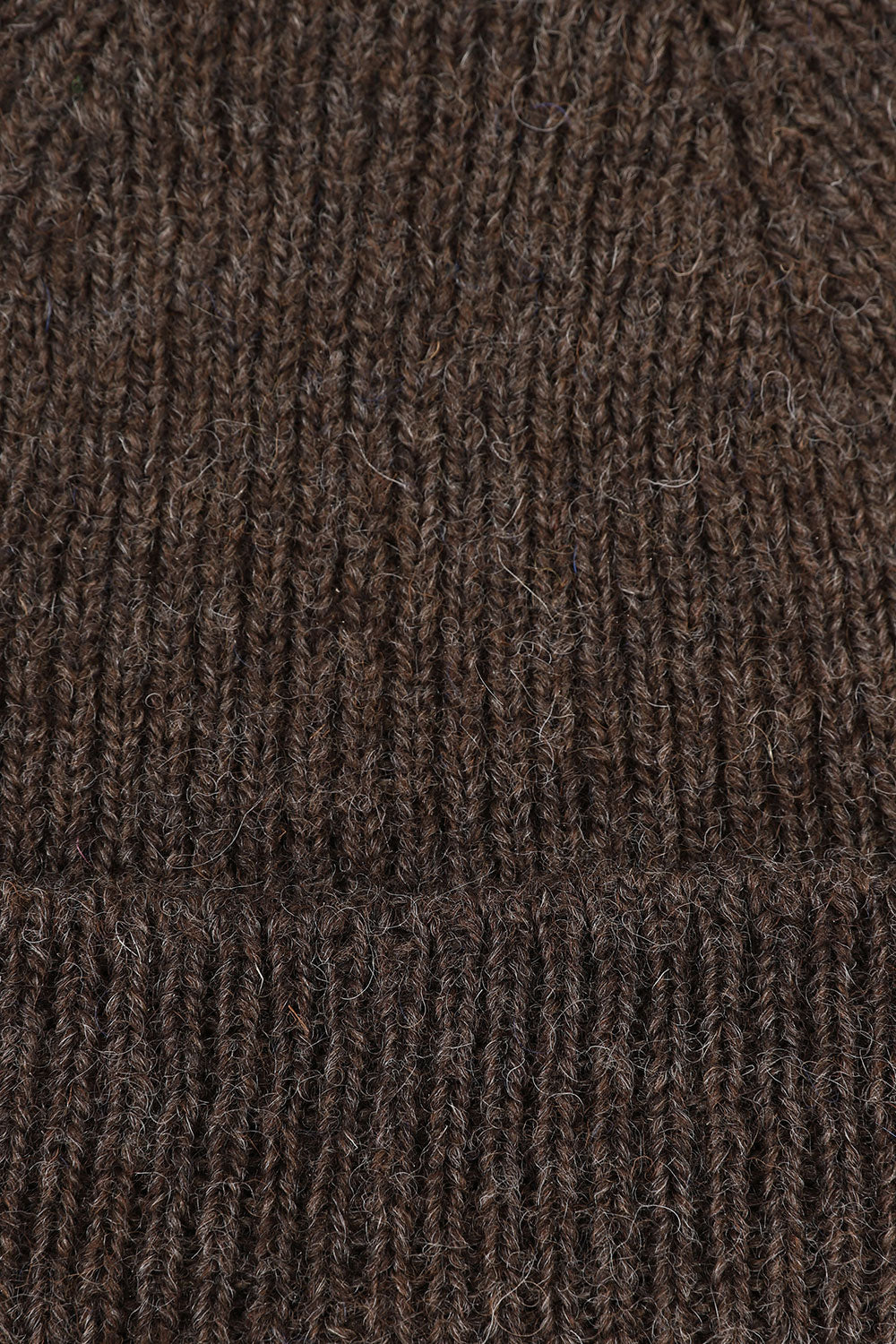
laine
Ajoutez plus d'informations ou supprimez ce texte
Achetez maintenant
Texte
Nos bonnets sont fabriqués en Écosse, soit en 100 % mérinos, soit en laine d'agneau. Douce, chaude et naturellement évacuant l'humidité, la laine est idéale pour les vêtements d'hiver. La laine Donegal est filée en Irlande. Cette laine est réputée pour son aspect moucheté, obtenu grâce à l'ajout de petites quantités de fibres teintes au mélange. Résistante, respirante et dotée d'excellentes propriétés isolantes, elle est également utilisée. Nous utilisons également de la laine d'agneau, issue de la première tonte du mouton, réputée pour sa douceur et sa chaleur.
Achetez maintenantacheter de la laine
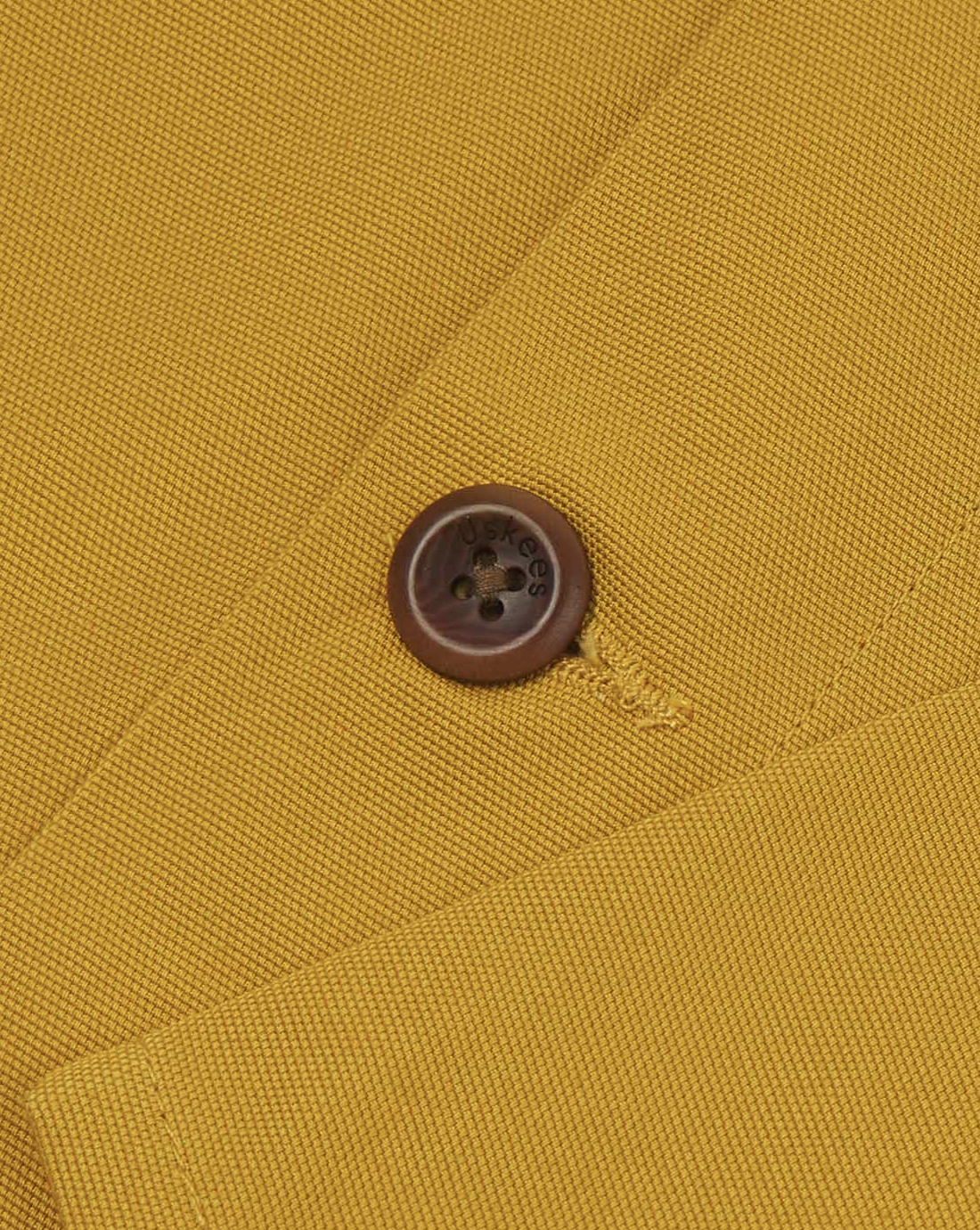
corozo
Ajoutez plus d'informations ou supprimez ce texte
Achetez maintenant
Texte
Nos boutons sont fabriqués en corozo, issu de la noix du palmier Tagua. Ce matériau végétal et biodégradable constitue une excellente alternative aux boutons en plastique ou en métal, qui peuvent mettre des années à se décomposer. Nous apprécions la durabilité des boutons en corozo et leur texture unique qui ajoute du caractère à nos vêtements.
Achetez maintenant
